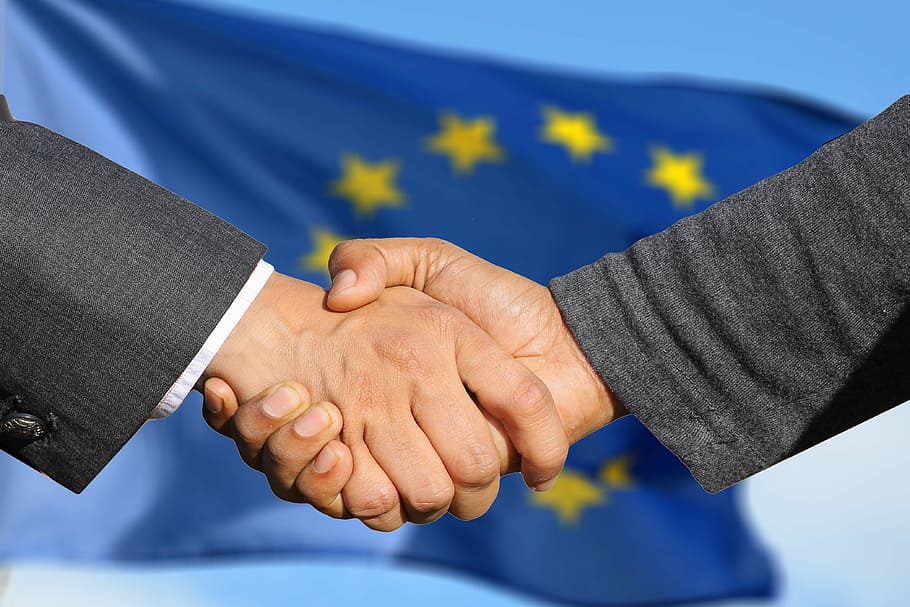Businesses globally are looking for processes to help them become more efficient, push growth and increase supply chain collaboration across borders to drive them on to further success. Implementing a solution such as EDI invoicing and being able to send and/or receive cross-border electronic invoices can help save time, increase business efficiency and productivity.
As part of a recent project consortium, Celtrino worked with an Irish charitable public body called the Dublin Simon Community to provide them with a fully compliant integrated e-invoice solution. The main objective of this EURINV project, was to support both the service providers and their clients to meet the European Standard (EN) on e-Invoicing in order to allow cross-border transactions according to the Directive 2014/55/EU. The rest of the European consortium included the following providers and one other public entity: Billit – Belgium; OpusCapita – Finland; SATA – Italy; Enxendra – Spain; Calvi – The Netherlands; Generix – France; Webware – Germany, and Ekonomická univerzita v Bratislave – Slovakia).
In order to confirm that the Dublin Simon e-Invoicing solution would allow cross-border transactions according to the European Standard (EN) and could include both UBL 2.1 and CII syntaxes, Celtrino was required to complete a series of test phases including Implementation, CEF Conformance and Interoperability testing.
Implementation testing demonstrated that Celtrino could map a use case electronic invoice to the European Standard. The CEF Conformance testing demonstrated that our implementation conformed to the EN Standard and was validated by CEF. Whilst the Interoperability testing confirmed that as our files transferred to another partner and were processed as expected it meant that the Celtrino e-Invoicing solution could be deployed and was fully operational.
Our European partners in the consortium were integral to the successful completion of this part of the project. From establishing testing parameters to receipt confirmation, Celtrino tested sending and receiving electronic invoices with 4 other partners: Billit, Enxendra; Calvi and Webware. All the aforementioned partners, successfully carried out the cross-border exchange of electronic invoices.
At the conclusion of this project, Dublin Simon Community possess a fully compliant integrated e-invoice solution allowing them to create and send cross-border EN transactions to any other body on the Peppol network. As more and more organisations adopt e-invoicing solutions and realise the benefits, it will help further to promote business right across Europe.
Celtrino would like to take this opportunity to thank the LMT Group, the European Commission within the CEF Telecoms program and all the project participants for their support throughout this project.


